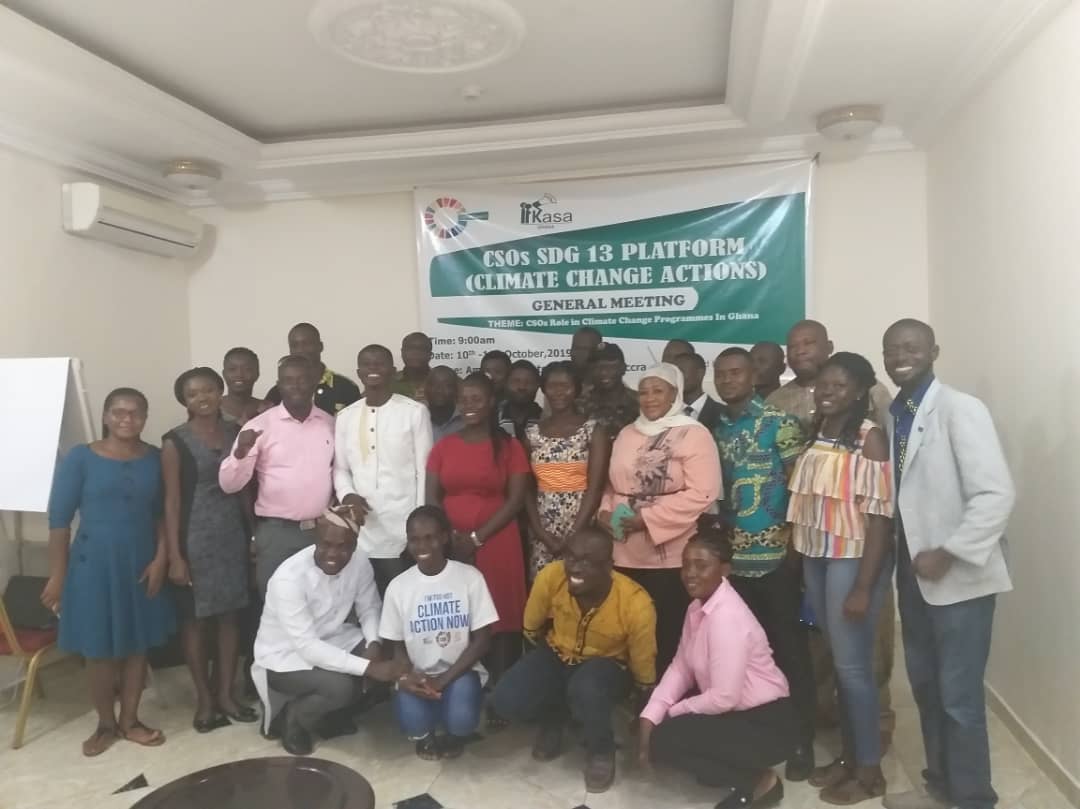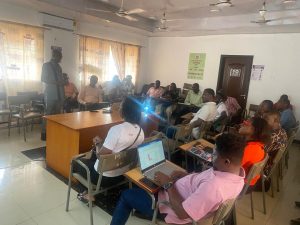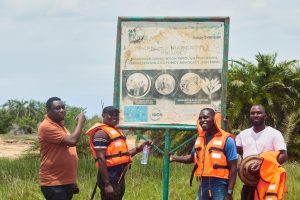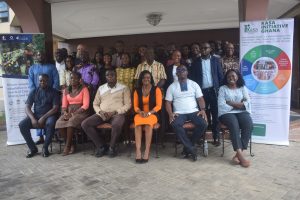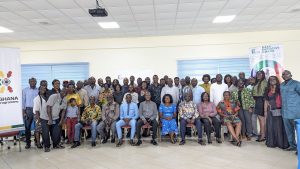The current change in climate is as a result of numerous activities distracting the climate system of the world which Ghana is not an exception.
This according to the Civil Society Organisstions for Sustainable Development Goals (SDGs) 13 is as a result of low level awareness and knowledge of Ghanaians on activities that distracts the environment, making it prone to the current climate change we are experiencing.
These observations was made by call by the CSOs for SDG 13 Platform during its Annual General Meeting in Accra.
According to the group, climate change which is an important sector that affects every human activity attracts very limited sensitization among Ghanaians.
Speaking to the Convenor of the platform, Kasa Initiative Ghana, Mr. Jonathan Gokah opined that, though CSOs are doing their best to educate as well create awareness on climate change, it is the responsibility of government to create avenues to raise the awareness among citizens.
Admitting of the low level of awareness among the general public, he stressed of the need for government and Environment Protection Agency to create avenues for people to be aware of the situation.
“We can only help in our small corner. The majority of Ghanaians should be reached by government with regard to these climate actions”, he added.
Therefore pointed out that, it’s a call on everybody to stand up to what they have to do.
Mr. Gokah bemoaned the poor interactions and linkage of CSOs and the media on climate change issues.
Climate change he revealed does not attract the kind of attention it needs, “meanwhile, it is one sector that affects everything we do but we are not able to draw the linkages and that is our problem”, he bemoaned.
Adding, if care is not taken, it will go beyond repairs.
Meanwhile, as part of measures to achieve the Sustainable Development Goal (SDG) on climate change, government will soon come out with an implementation monitoring framework to track the Nationally Determined Contributions (NDCs) which will be implemented in January 2020.
The NDCs are climate change actions under the United Nations Framework Convention on climate change which government has signed up to fight the situation in the country.
As CSOs that seeks to address the climate change issues, it developed a citizen scorecard at the annual general meeting that will be used in monitoring and reporting on the agreed climate change plans which will be made by government.
Mr Gokah who doubles up as the Coordinator of Kasa Initiative Ghana stated that the CSOs have a role to play in supporting the implementation of the NDCs, hence the need to understand and fully equip themselves with the framework.
“We need to show how prepared we are as a country to implement what we say we will do and how we are going to report on that.
To ensure its success, he acknowledged the need for CSOs to play a role since government alone cannot do it all.
“Government is not in every community in Ghana but we find ourselves in areas where government is not working most at times; so whatever we are doing needs to be added to what government is working on so that we have a comprehensive report that captures all the actions on the ground,” he said.
He therefore used the ocassion to call on CSOs engaged in climate change and its related issues to join resources and forces to champion this course in partnership with government and other stakeholders.
Source: Ishmael Barfi

